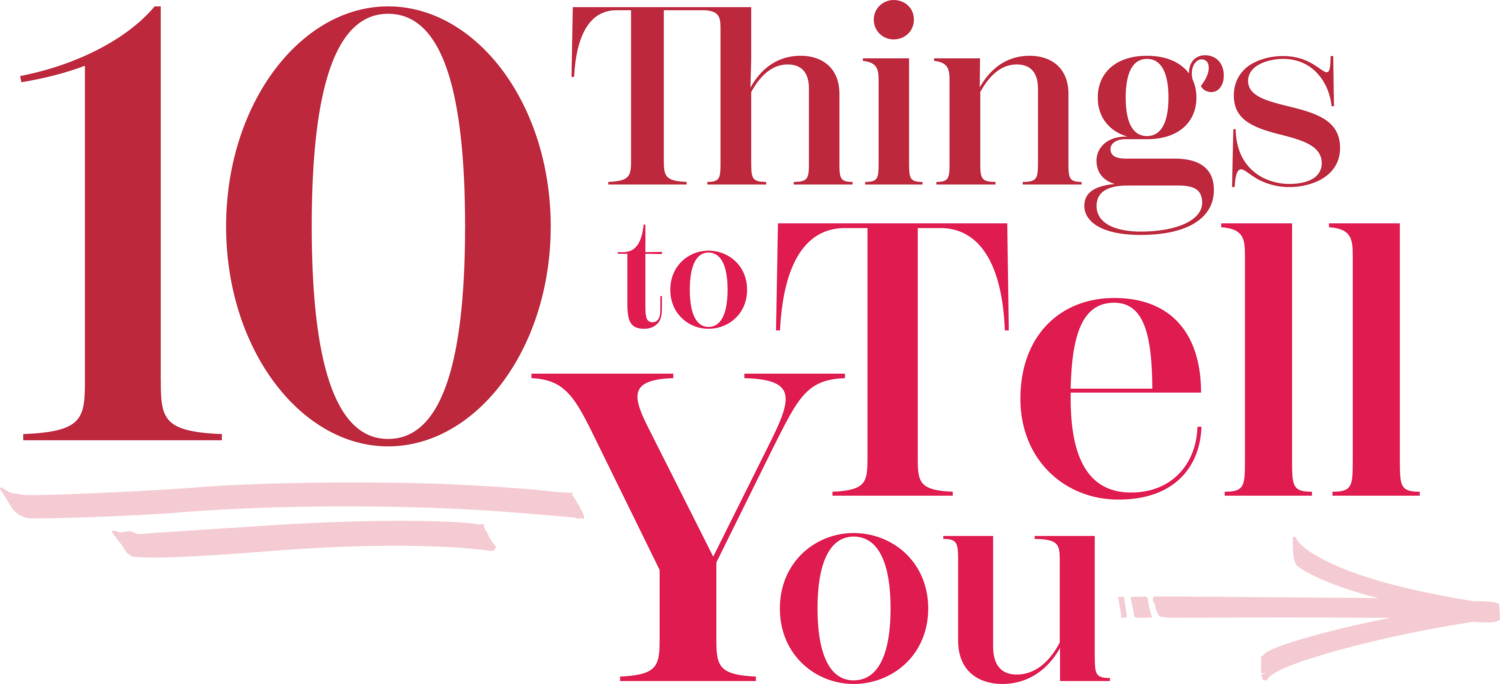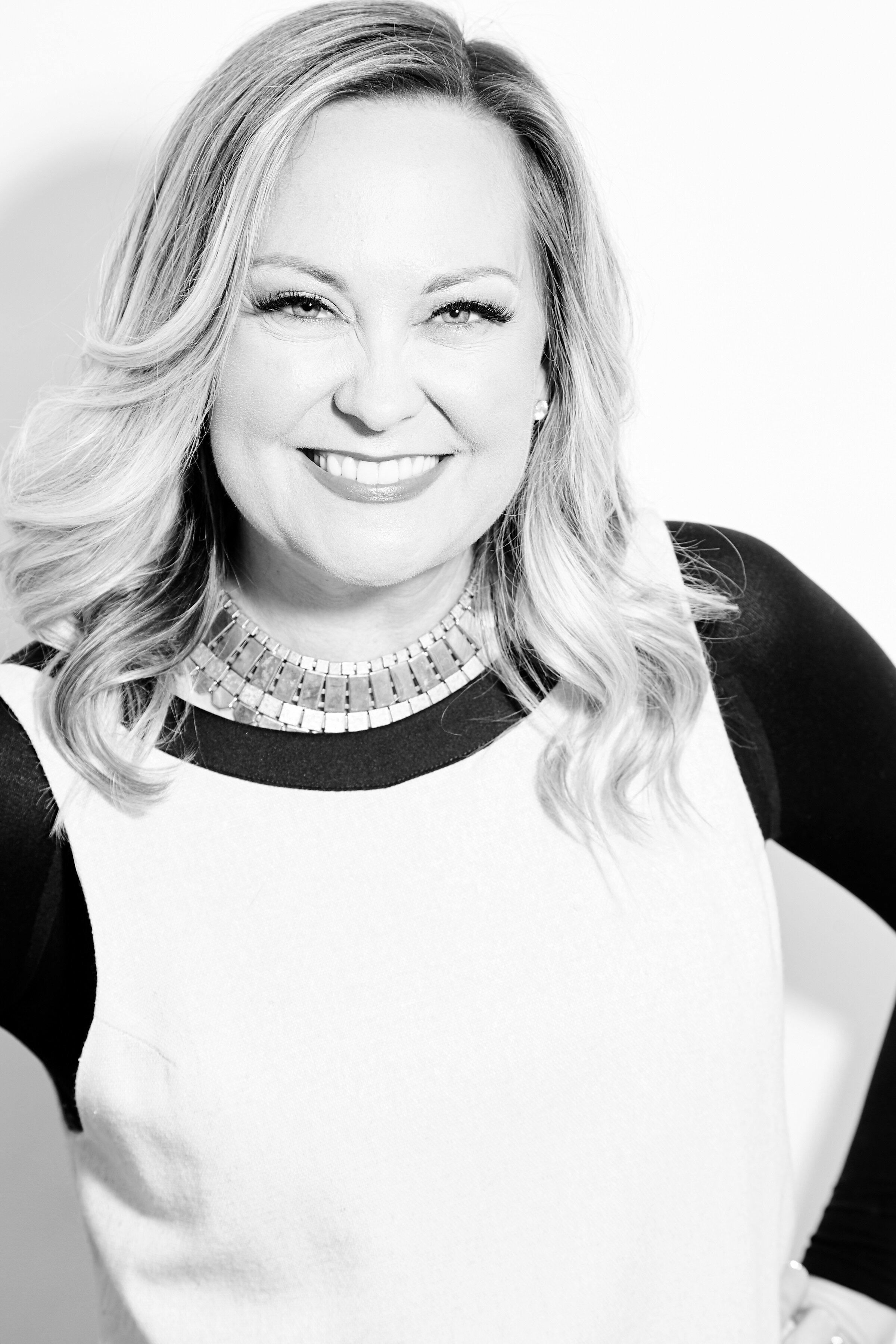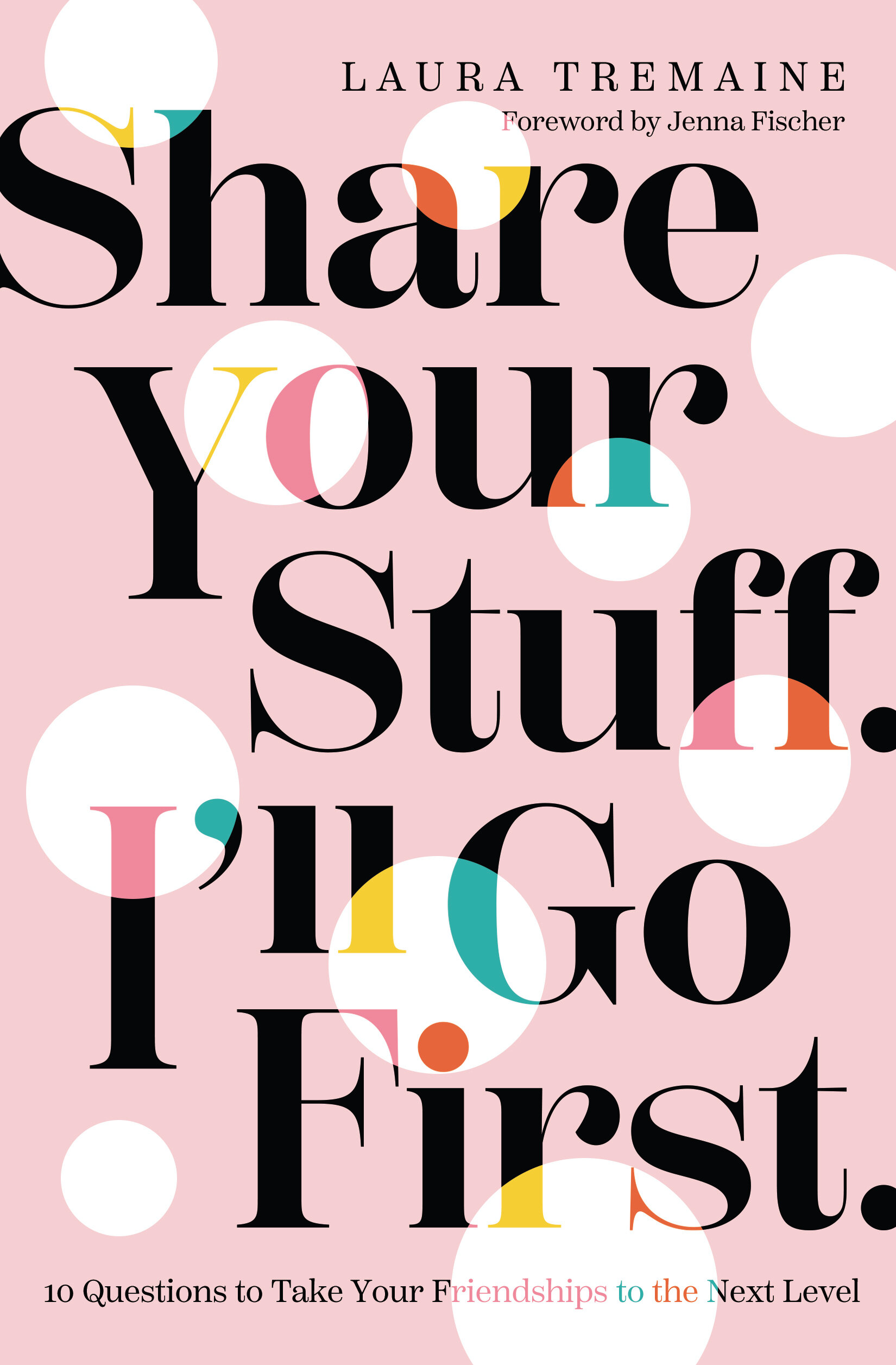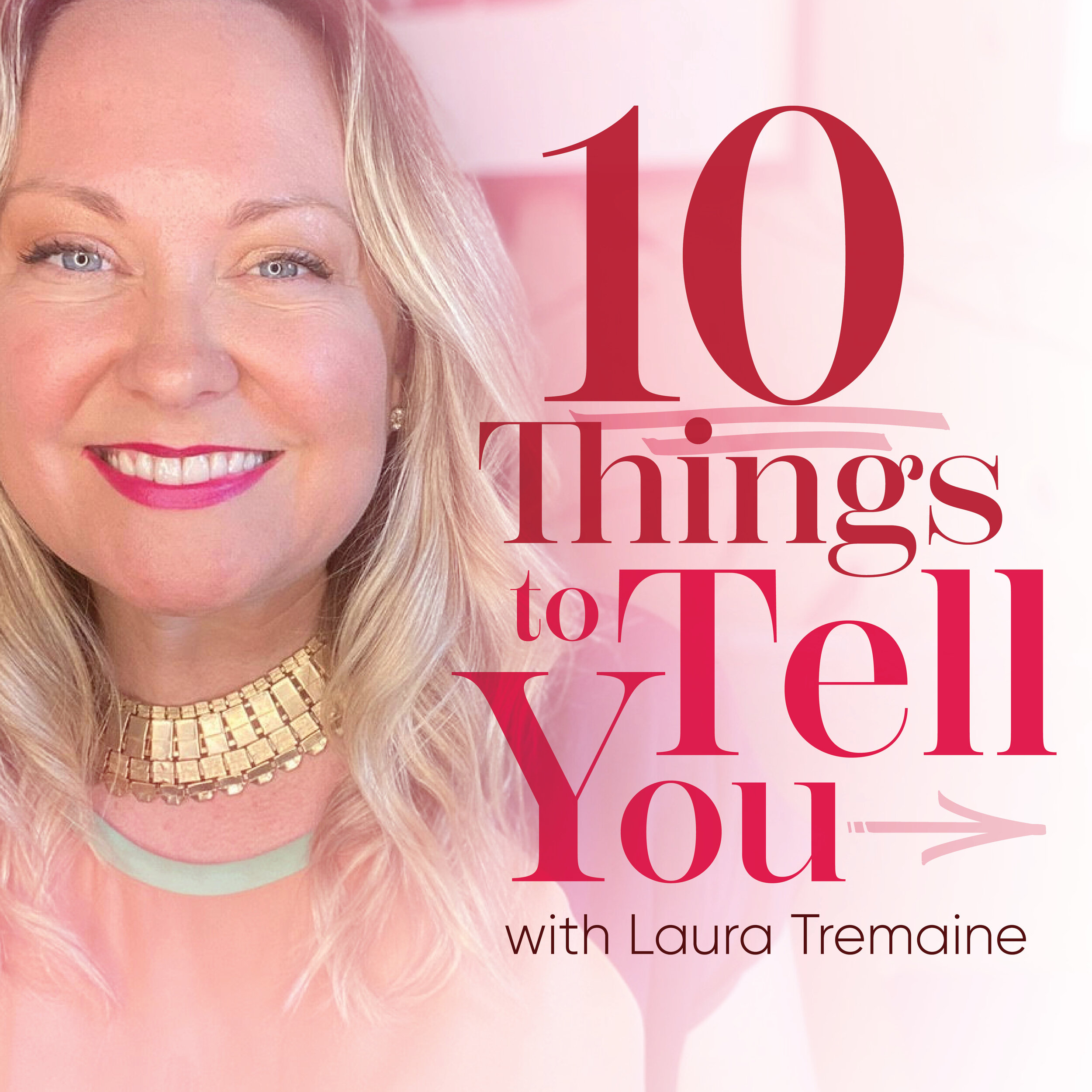We don't talk enough about anxiety after happiness.
/The worst panic attack I’ve had in years came after one of the best nights of my life. It had been an evening of pure happiness, but not overly emotional. There were friends and laughter and drinks and good food. We had my favorite dessert, and a surprise musical experience. I looked around at my loving, creative family, and thoughtful, funny friends, and I was deeply grateful for being exactly right here, right now. Just a few hours later, after I’d fallen into bed pleasantly exhausted, I awoke in total panic. My heart was racing, I was sweating, and I felt absolutely terrified, like the house was a sinking ship and we were all slumbering through its destruction.
I tried to calm my physical symptoms first. When my body is stressed, it tends to curl up in the tiniest ball possible. I pull my legs into my chest, I clench my hands into fists. I know now that my mind may follow the body if I force it into a relaxed posture, so I stretched out my legs and neck, I made a small snow angel with my arms. There are also effective breathing exercises that help with anxiety. I tried box breathing and taking in enough air to pouch my stomach dramatically in and out.
Nothing helped. My mind was looping the same thoughts over and over, starting with conversations I’d had during the happy evening, when I’d misused a word or made a joke that didn’t land. I fixated for a few moments on the imperfections of my hostessing, how some of the food got cold and the decorations weren’t precisely what I envisioned. This after musing to my husband as we crawled into bed how everything came together without a hitch, how the whole night was even better than I imagined. Now I was picking apart the minutia and I couldn’t make it stop. The thoughts came too fast to grab them and analyze or dismiss. It was a rapid fire blast of every current disappointment, insecurity, and failure.
My brain moved on to my imminent to do list and how much was unfinished on it, what things I was forgetting to even put on it. I started proactively berating myself for the things I wasn’t going to get done. I squeezed my eyes shut, still very aware of the physical sensations accompanying my brain frenzy. For once, I did not reach my hands up towards my neck and head, but I wanted to. It felt like the real Laura was clawing to get outside of this body.
This all went on for perhaps fifteen minutes before I realized that it wasn’t going to pass, I couldn’t will myself back to sleep this time. I debated waking Jeff, because my whole life I’ve had the urge to tell people how scared I am all the time, and my husband is one of the few people who doesn’t react like I’m contagious. But I didn’t want to wake him because I was worried he would be annoyed (at worst) or confused (at best) by this attack coming after such a fun night.
Enter the guilt. Though no panic attack is exactly the same, you can count on the guilt showing up about halfway in. I feel guilty for my inability to keep anxiety at bay, I feel especially embarrassed for having mental health struggles when life is going great. Our children are healthy, our marriage is solid, we have good work and good friends and I beat myself up daily for being unable to revel in that 100% of the time. When I am actively panicking is when I am meanest to myself. And on this night, in my warm bed with a cool California breeze flowing through the open window, I got especially vicious.
Who am I to have a wonderful evening like this one? Jeff deserves someone with less maintenance, my kids deserve a mother less fearful. Who Am I to…..?
Who Am I?
Who Am I?
Who Am I?
We don’t talk enough about anxiety coming out of happiness. When we are joyful, we are at our most vulnerable. When we are vulnerable, our weakest places are open to attack. I have had a lifetime of anxiety, starting when I was just a toddler, so this means that of course I have had moments of anxiousness and panic attacks when things were hard, when life was sad or frustrating. But as an adult, some of the more intense periods of panic have been when I got too happy. My body and my brain think something like,
“Well this won’t last long. Wonder what will happen to destroy all this? Will someone get sick? Will someone cheat? Will everyone figure out that I’m a total fraud?”
It’s especially hard for people who have everything going for them to admit that they’re in the midst of anxiety. They talk themselves out of it, trying to make chronic anxiety something that’s logical. They hide what they’re going through, worried (maybe rightfully so) about being judged.
On the night of my after-party panic attack, I stayed in bed paralyzed for over an hour before I got up and took something to help me calm down and fall fitfully back to sleep. It took me that long to go through a cycle or two, that long for my brain to settle enough and realize that I didn’t have to stay in bed suffering without help. The next morning when I recounted the episode to Jeff, it all made sense in a bigger picture sort of way.
My anxiety has always roared loudest during a time of “come down.” Some people become very anxious in the midst of stress, but I consistently feel it the worst after the stress (or, in this case the joy) has passed. I was always calm before and during my final exams (while others were freaking out), but when everyone else got to the celebration stage, I had to take to my bed. In a larger crisis, sometimes this plays out for months or years after an event or season.
About a week after the party and panic, I met some friends for brunch who had been there that evening. We talked about the fun parts and then I told them what happened afterwards. I had never told these particular friends about this particular pattern. They expressed concern and solidarity, and then our conversation moved on.
Now they know this thing about me and I know that I can tell them. Which is the whole point of this post and this blog. Share your stuff with your people. It really does help to let yourself be known.
























